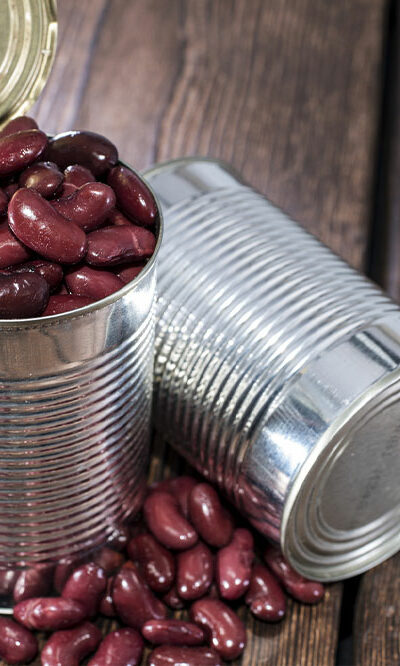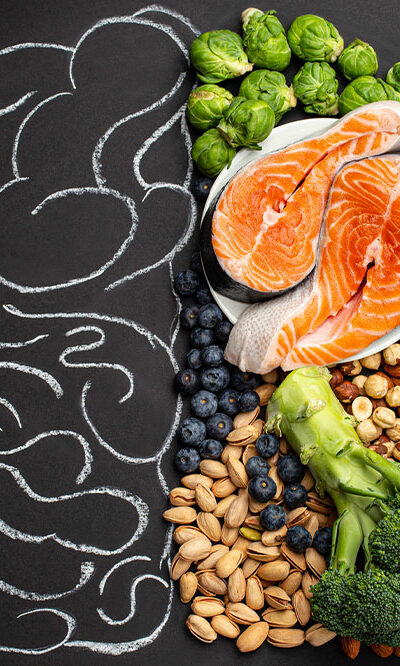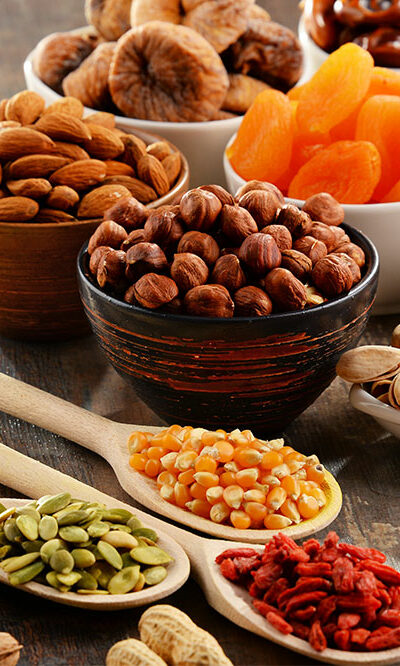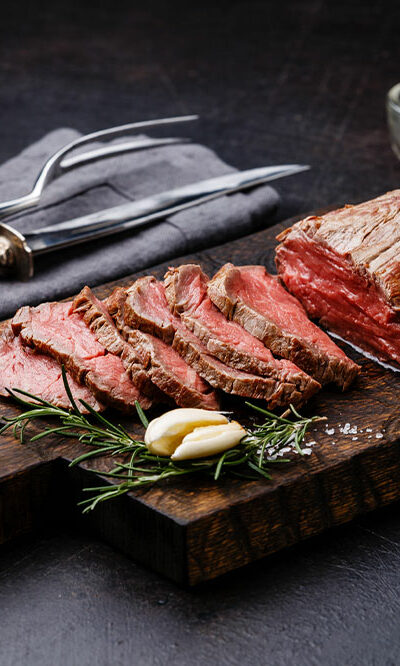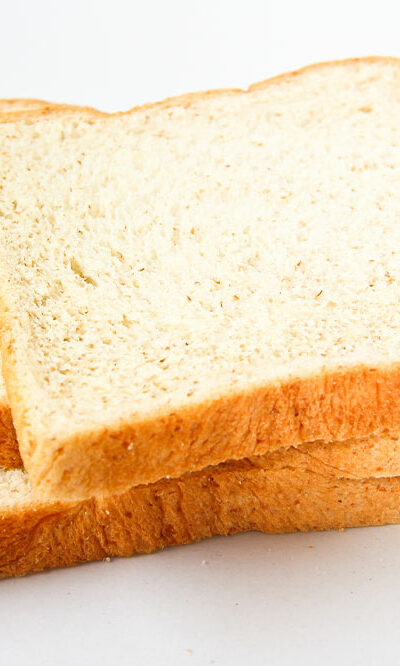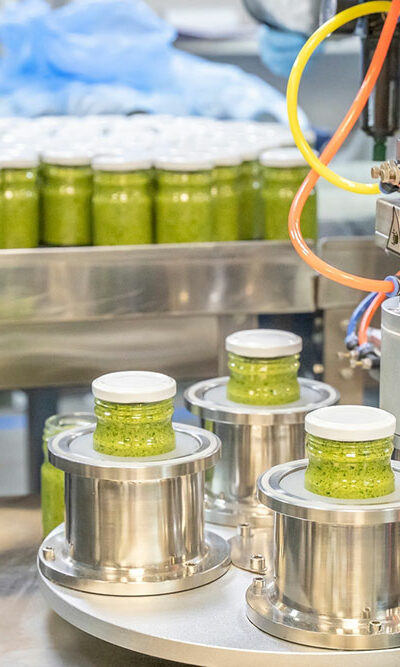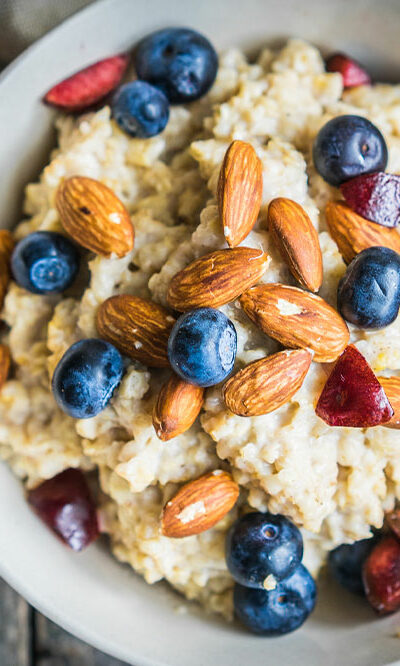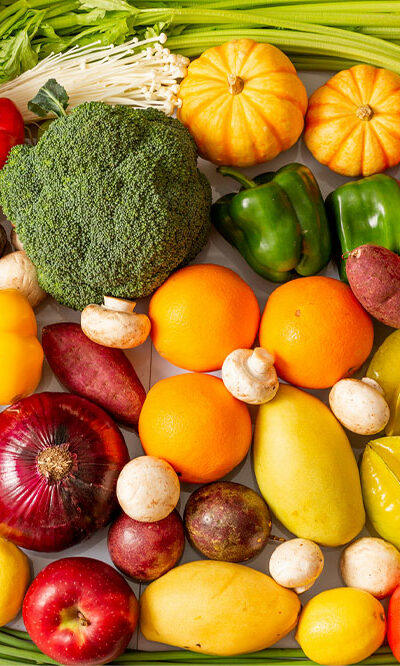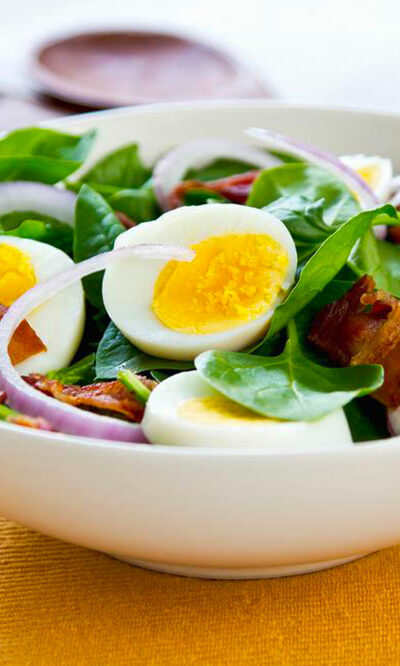
Foods to Eat and Avoid for Kidney Diseases
People with kidney disease need to evaluate what they are eating and impose certain restrictions on their diet. It is important to eat foods that do not stress out the kidneys. Avoid eating processed food items. Natural food items are best suited for the body. Try to avoid eating canned food as well. Organic food items may or may not have a higher nutritional value than standard food items, but they are devoid of pesticides and worth the shot. Organic food items are also devoid of GMOs and are a better bet in the long run. All in all, you need to maintain a proper diet for kidney diseases. Here are the tips to help you out. Protein Proteins are found in several food items like vegetables, nuts, seeds, dairy products, and meats. Your body needs protein intake to build red blood cells, hormones, and muscles. Try to incorporate a diet composed of proteins among other things. However, all the protein your body needs is 1 gram per kilogram of weight. Moreover, try to avoid eating too much meat as protein wastes are hard on the kidneys. Follow a moderate protein diet and try to eat more vegetables than meat. Watch your portion sizes and try to eat foods you like best. If you are on dialysis, your meal plan may change again as you will need to eat more protein to cover up for the protein loss during treatment. Maintaining a proper protein diet for kidney diseases is the key. Phosphorus When you are following a kidney disease diet plan, you have to limit your phosphorus intake. Phosphorus is found in poultry, fish, beans, dairy products, poultry, cola drinks, and nuts. The problem is that weaker kidneys have a difficulty in removing phosphorus from your blood. Your doctor may prescribe phosphate binders.
